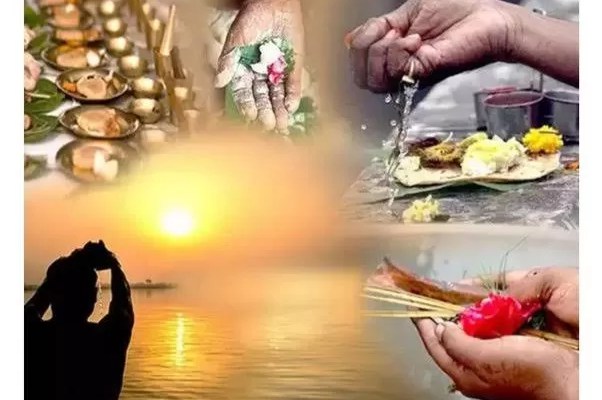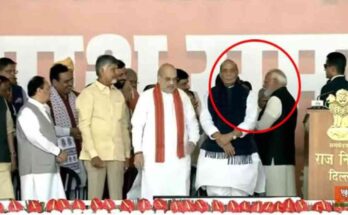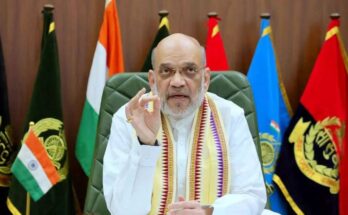New Delhi: People are offering Pind Daan to their ancestors during Pitru Paksha. It is believed that during Pitru Paksha, when the descendants perform Shraddha, Tarpan, Pind Daan etc. for their ancestors in Gaya, Bihar, they become happy and give blessings. Those who are unable to go to Gaya, offer Shraddha, Tarpan and Brahmin food at home for the salvation of their ancestors. But the question arises that who are the ancestors and for how many generations are they considered ancestors? Pramod Shringari, the pilgrim priest and astrologer of Baidyanath temple, said that Pitru Paksha lasts for 15 days. Which starts from the Pratipada date of Krishna Paksha of Bhadra month and continues till the new moon day of Ashwin month. According to the calendar, this is the middle time of the year. In simple words, the person who dies in the family or relative is called Pitra.
There is an explanation in Garuda Purana that after death a person takes the form of a ghost and travels to Yamalok. During this time, the Pinda performed by his family gives him strength to undertake the journey to Yamalok. Those who have done good deeds live in Devlok or Pitralok. At the same time, some ghost souls have to remain in the ghost species as per their karma.
For how many generations is one called Pitra?
Tirthapurohit explains that during the days of Pitru Paksha, ancestors are pleased by offering Pind Daan, Shraddha, Tarpan, etc. It is mentioned in Vayu Purana that in Pitru Paksha, ancestors reside on earth in a subtle form. At the same time, up to three generations are considered ancestors. The ancestral family includes the father (if deceased), grandfather and great-grandfather. Whereas in the matrilineal family there are maternal grandfather, great grandfather and an older great grandfather. That means up to three generations are called ancestors and they are worshiped in Pitru Paksha.
Why immersion is necessary in Pitru Paksha
Pilgrim priests tell that Pitru Paksha has special importance in Sanatan Dharma. As soon as a human being is born, he becomes imbued with three debts. The first is the debt from the Goddess to the Gods, the second is the debt from the Rishi. Those who show the right path to man and the third is debt to ancestors. Our ancestors are our ancestors. Only their blessings bring happiness and prosperity to the house. Pitru Paksha is the time to pay off ancestral debt. To pay off ancestral debt, Shraddha, Tarpan, Brahmin feast etc. are organized during Pitripaksha. With this the ancestors are pleased and bestow blessings. That is why immersion is necessary in Pitru Paksha.




